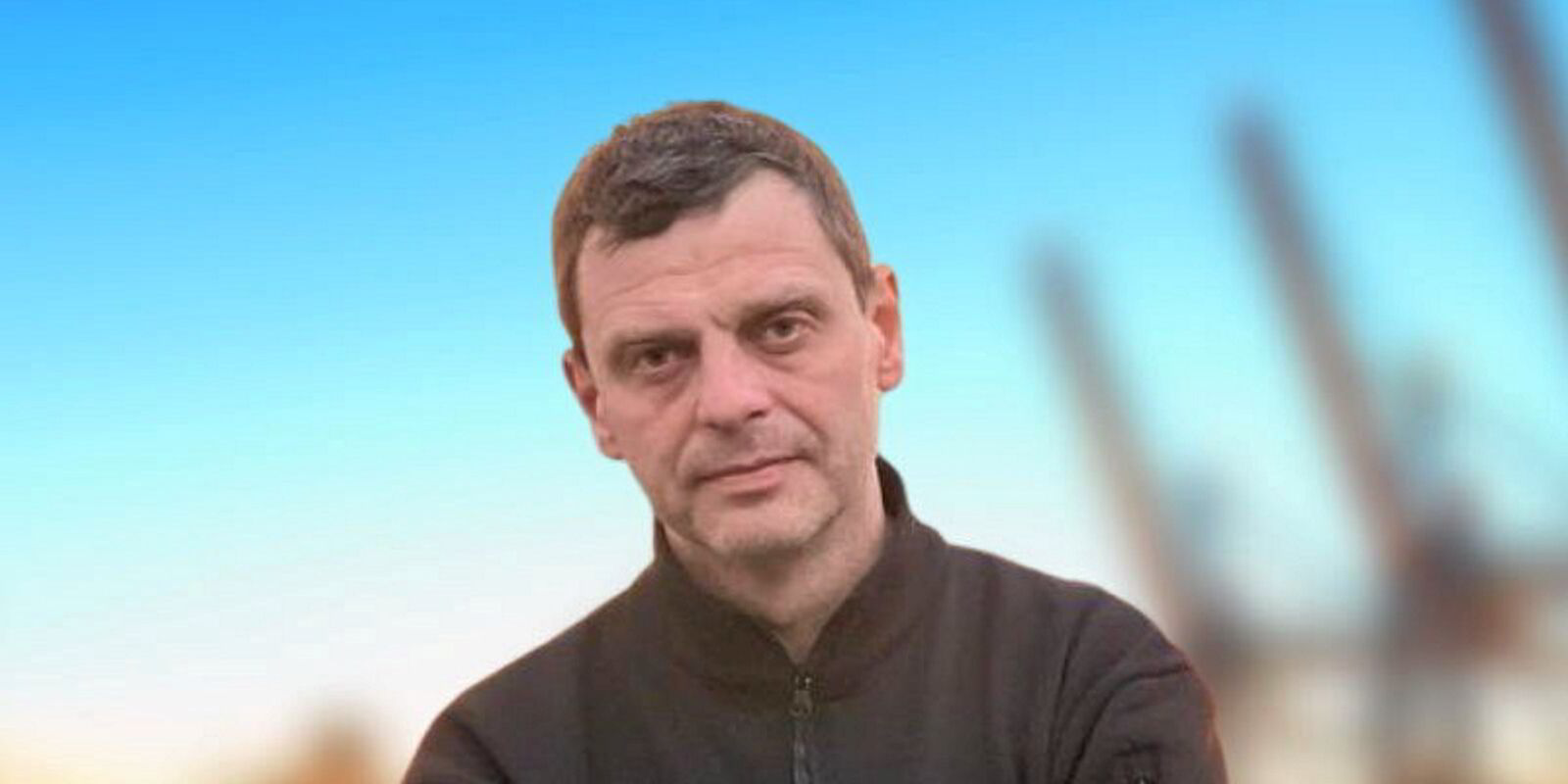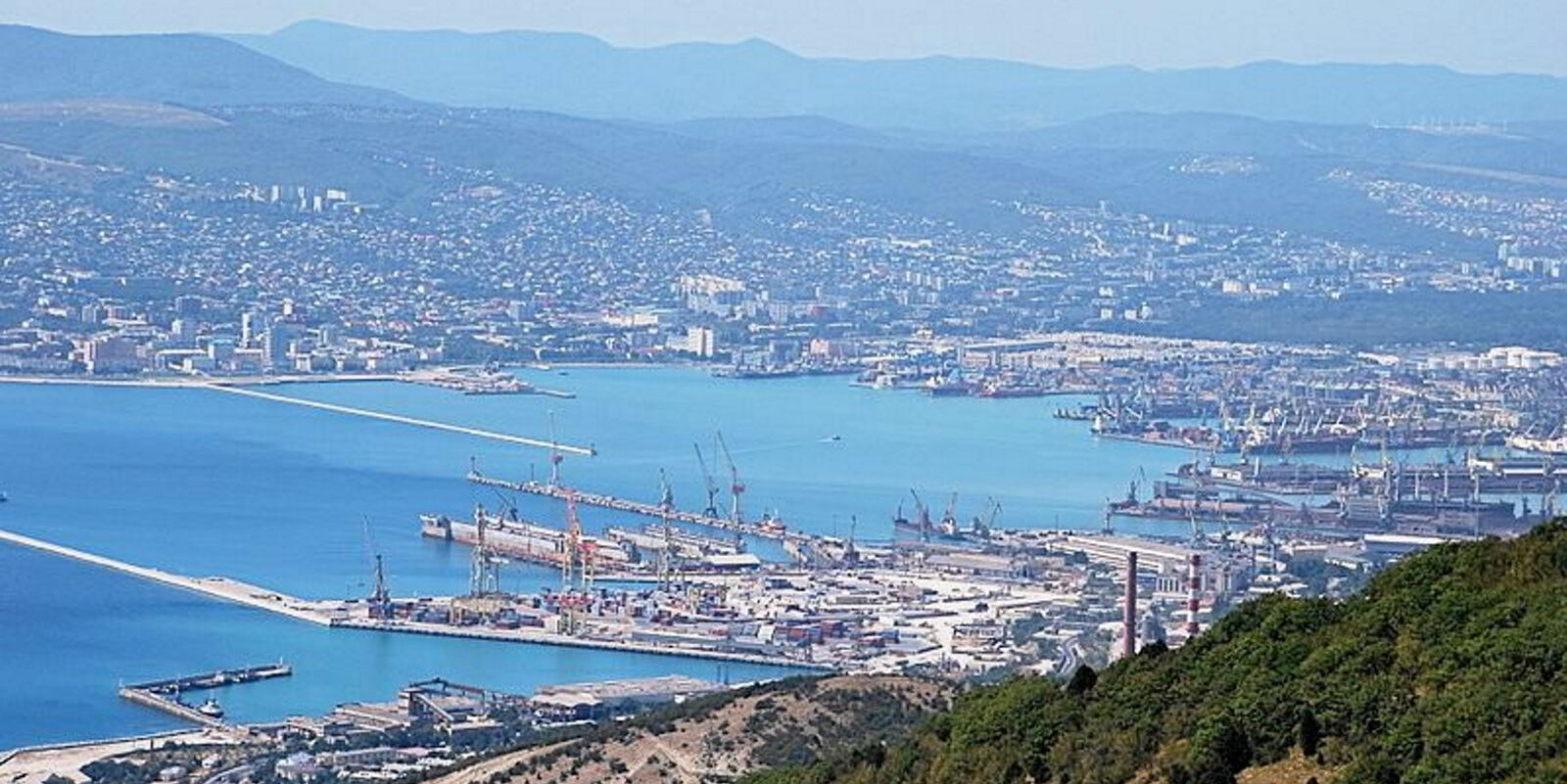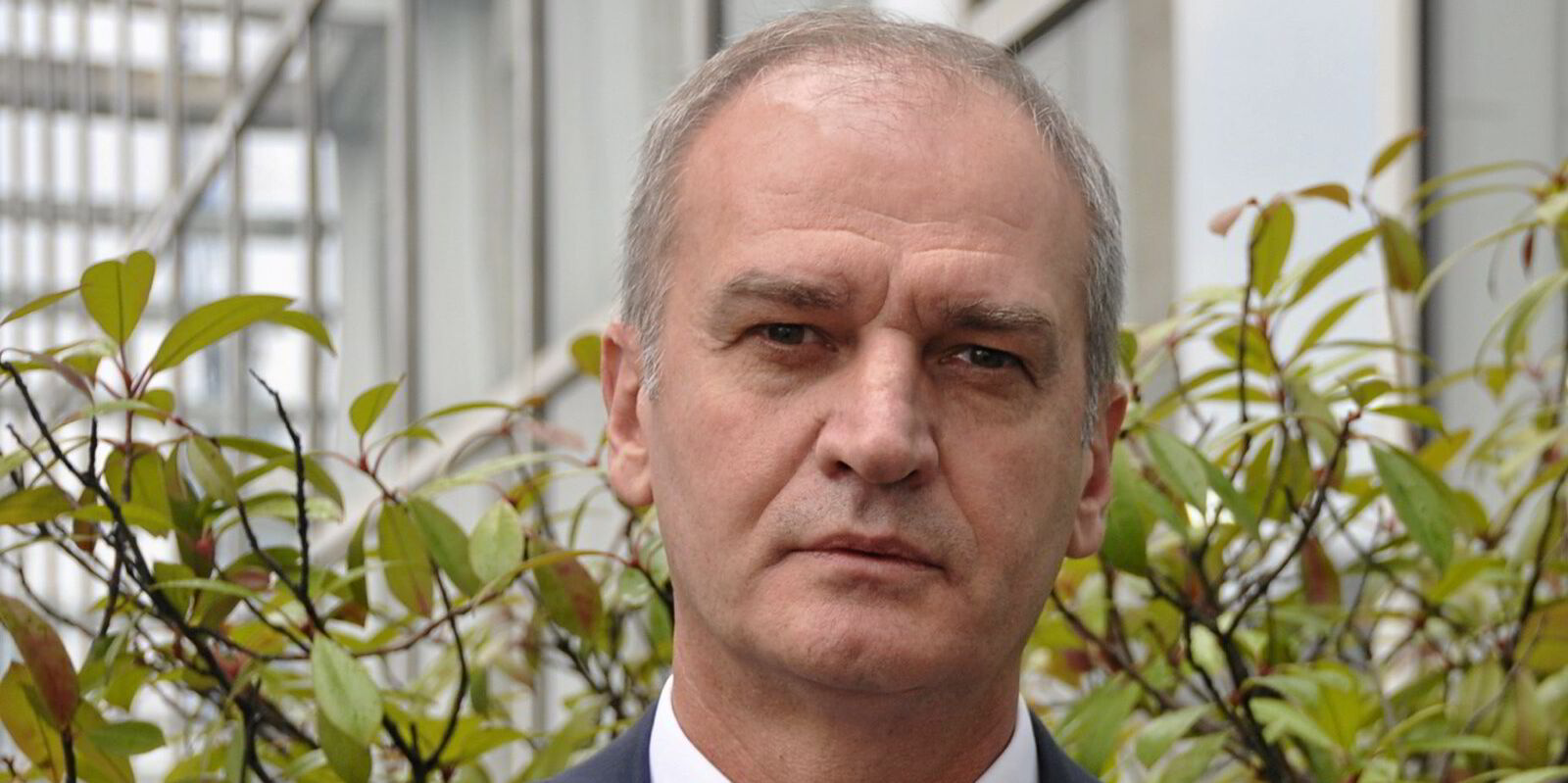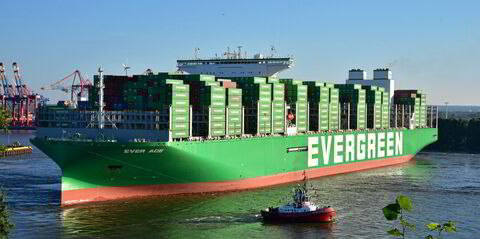Ukrainian seafarers are unlikely to return home following the introduction of tougher conscription laws as the war against Russia grinds on.
That is the view of Alex Dimitrevich, a clinical psychologist at Germany’s Mental Health Support Solutions (MHSS), who regularly counsels his countrymen.
A new draft law came into force in May. Ukrainian males aged 25 to 60 can now be called up, down from 27 before.
The MHSS chief operating officer for Eastern Europe, who was born in Odesa, told TradeWinds that the rules oblige men to update their data with the authorities or face fresh punishments for draft-dodging.
Electronic notifications of drafting can now be sent to phones instead of requiring a signed letter.
“If you possess a Ukrainian passport, then you will be expected to return to be conscripted,” Dimitrevich said.
Increasingly heavy fines would follow for ignoring a summons, and the authorities could eventually seize property.
Those who left Ukraine would have little chance of renewing passports or other documents at consulates, he added, as the new law requires them to return to the country and go through a conscription commission.
Only after the commission’s decision could they apply for renewed documents — but even then without any chance of leaving the country.
Asked whether seafarers would return when asked, the psychologist replied: “I’m pretty sure that very few will do that.
“I speak with many seafarers. I meet with people in Ukrainian communities living in different countries.
“And I remember there was a very high level of patriotism during the first months. People went back to Ukraine, they joined the army, donated and supported Ukraine by all means.
‘Twisting their hands’
“But by the time the government started to force them to come and began twisting their hands, such enthusiasm had gone. Fatigue and exhaustion set in, and now they say: ’No, I am not going back’. Plus, most refugees have adapted to life in foreign countries.”
Dimitrevich believes crew members will most likely renew seafarer documents in other countries such as Lithuania, Poland, Bulgaria or Romania: “They will gradually become Polish or Romanian seafarers.”
He thinks that seafarers, like other citizens, will do anything possible to find “gaps” in the legislation and to take care of the well-being of their families.
“It’s the law of physics; any pressure has a counter-pressure,” he added. “Most people will be reluctant.”
Most exiles he speaks to do not see a future in going back.
He told TradeWinds about one Ukrainian seafarer who was on board a vessel when Russian forces invaded.
His wife and children made it out of the country, but his parents remained. His mother was later diagnosed with stage four cancer.
“He had to choose either to stay with his wife and two kids in Bulgaria and support his father, or go back to Ukraine to say goodbye to his mother,” Dimitrevich said.
“There are a lot of situations like that, which are putting people on the edge of a moral dilemma.”





